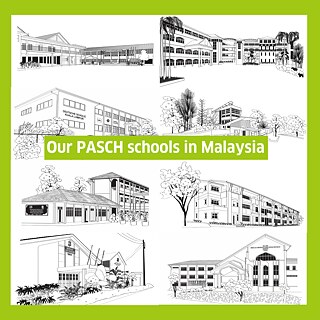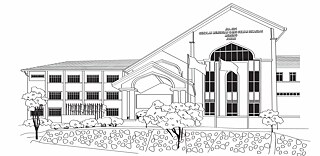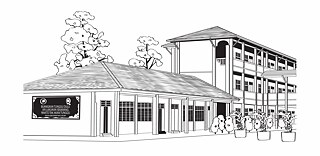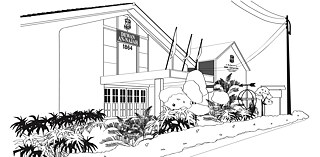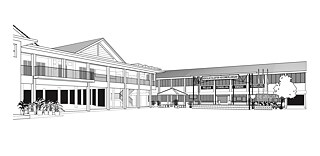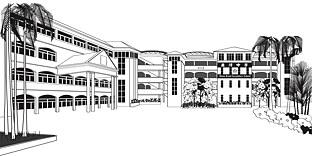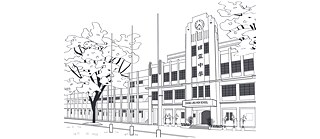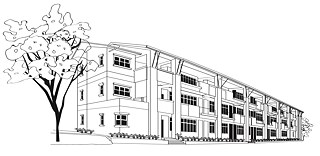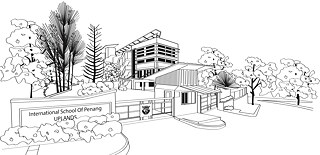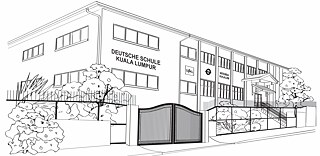Partner Schools
in Malaysia
The "Schools: Partner for the Future" (PASCH) initiative offers students a chance to engage with the German language and culture early on.
It provides benefits for both students and teachers, including resources like books and multimedia tools. Students can participate in regional activities with partner schools from other countries, attend language courses in Germany, and join online competitions on the PASCH website for a chance to win prizes.
Overall, PASCH is a great way to connect with Germany.
It provides benefits for both students and teachers, including resources like books and multimedia tools. Students can participate in regional activities with partner schools from other countries, attend language courses in Germany, and join online competitions on the PASCH website for a chance to win prizes.
Overall, PASCH is a great way to connect with Germany.
